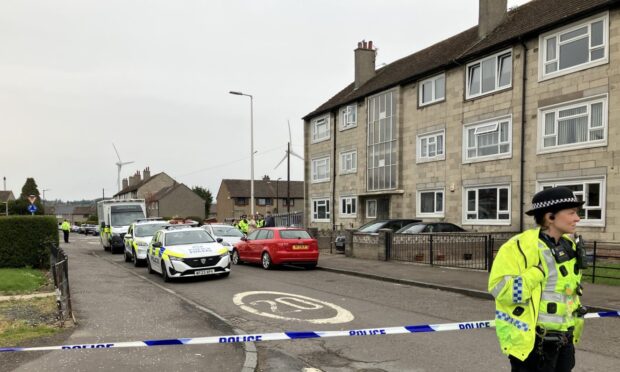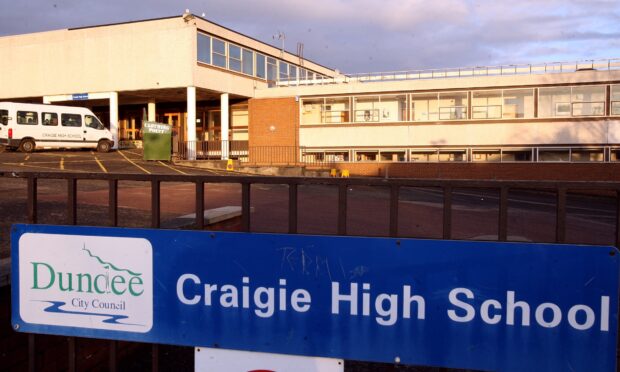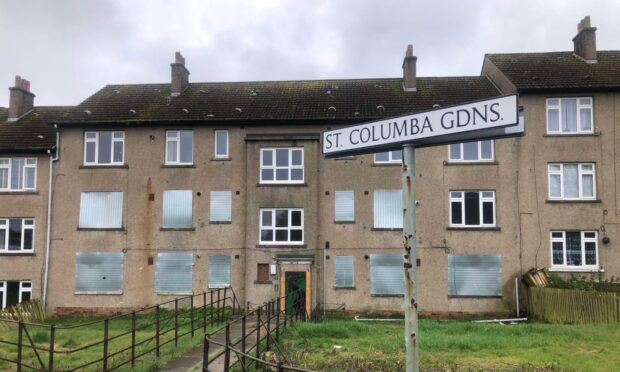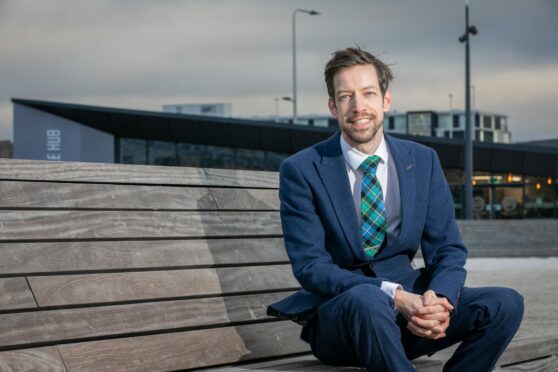The second wave of coronavirus could put “barriers” in the way of tackling health inequality in Dundee, according to a new report.
The report due to go before the Dundee Health and Social Care Partnership (DHSCP) this week states that new variants of Covid-19 may put further strain on local healthcare.
That could in turn prevent the DHSCP from reaching targets set out in its Strategic and Commissioning Plan (SCP).
Among the issues earmarked for action in the SCP 2019-2022 are health inequality, building capacity and engaging with communities.
The report did not single out which targets could be missed, but said there was a high likelihood both of this happening and the resultant impact it would have on local health services.
A sizeable number of local healthcare workers focusing on the coronavirus vaccination rollout was cited as a reason.
Dundee has some of the most deprived areas in Scotland, which often see worse health outcomes.
It is thought the pandemic will place “medium/longer term” pressure on the DHSCP and that “by association” these hardships will also fall on to Dundee City Council and NHS Tayside.
The report states: “The second wave of Covid-19 and the virulence of the new variants of the virus means that the Covid-19 response still creates barriers to DHSCP achieving actions within the SCP.”
What is the Dundee Health and Social Care Partnership?
The DHSCP is an integrated joint board between NHS Tayside, Dundee City Council, third sector partners and independent health and social care providers in the city.
Some functions where there is crossover, such as social care, have had some responsibility delegated to the partnership.
Among the DHSCP’s actions are drawing up objectives to improve services, allocating some budget and overseeing the delivery of services within its remit.
What is the Strategic and Commissioning Plan?
The SCP 2019-2023 outlined a number of areas where improvement was seen to be needed, and set targets to be met to achieve this.
The plan outlines eight priorities to be addressed.
These are:
- Health inequalities
- Early intervention prevention
- Person centred care and support
- Carers
- Localities and engaging with communities
- Building capacity
- Models of support/Pathways of care
- Managing our resources affectively
To improve health inequalities, the DHSCP pledged to ensure everyone, “regardless of income, where they live or population group”, will experience “positive health and wellbeing outcomes”.
To achieve this, the SCP set out the following “action points”:
- Seeking opportunities to bring a range of assessment and treatment services closer to local communities
- Continuing to provide training and support across all sectors to reduce the stigma of poverty
- Developing a city wide approach to social prescribing and enhancing the skills of GPs who use social prescribing approaches in their practice
- Further developing the availability of health checks, including health checks for carers
- Making better use of community resources such as community centres and community pharmacies to promote health and wellbeing, improve accessibility and tailor services to community need
What else did the Audit Committee report highlight?
It wasn’t all bad news in the report going before the audit committee, which will meet digitally on Wednesday to discuss the report’s contents.
The rate of bed days lost to delayed discharging of elderly patients has seen an improvement.
An increase in falls among the elderly was highlighted as a matter that needed addressing, however.










